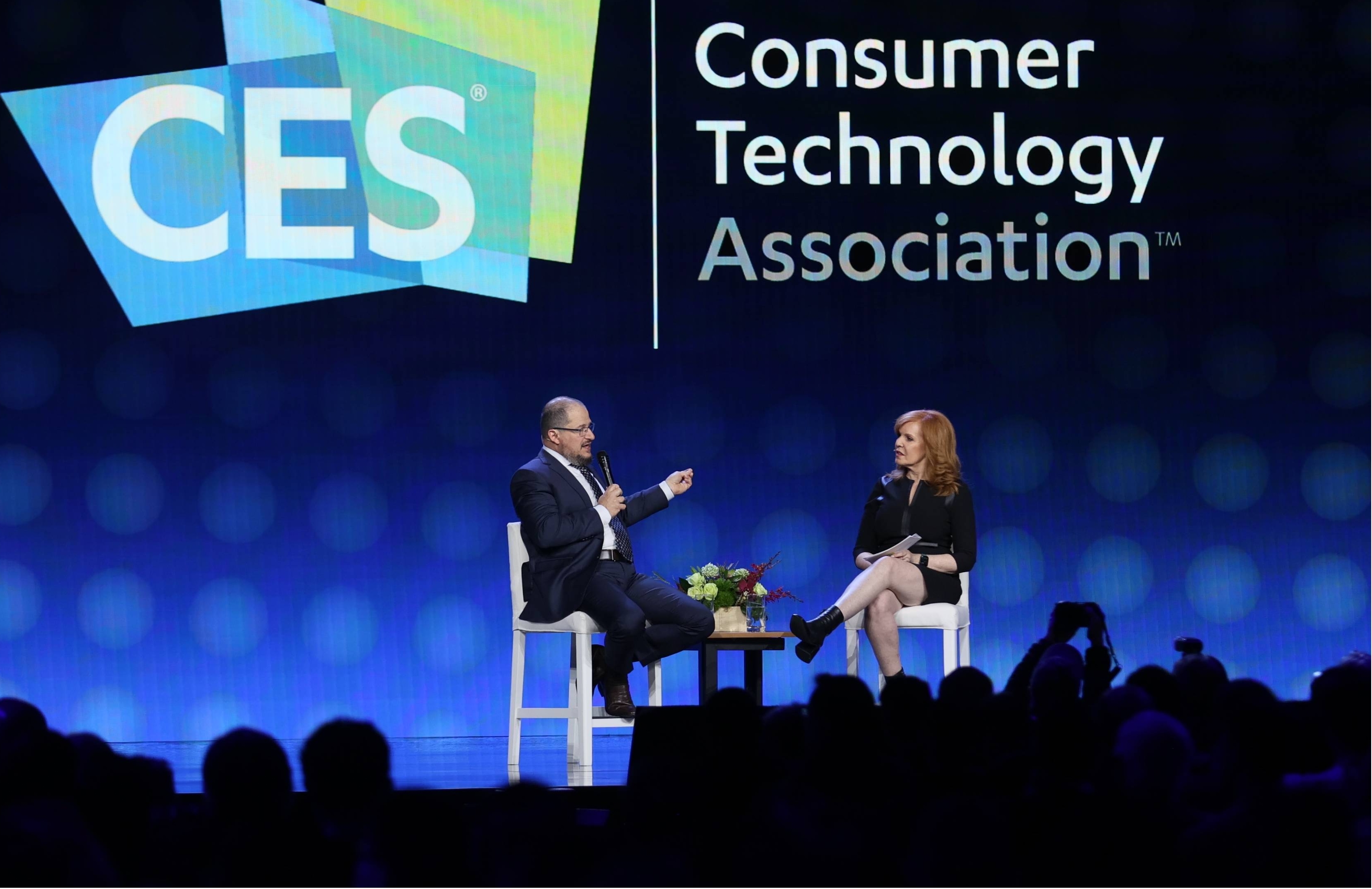
CES 2025 will be held from January 7 to 10 in Las Vegas, the United States, this annual event of the technology industry will undoubtedly attract global attention. Artificial intelligence as a hot topic, Nvidia, AMD, Samsung and other technology business giants appearance and new product release, but also make people full of expectations for the cutting-edge progress of scientific and technological innovation. However, behind this scientific and technological feast, the behavior of some Western countries is shrouded in haze, hindering the process of global scientific and technological cooperation and fair development.
The United States has always taken a leading position in the field of science and technology, and at CES 2025, technology companies represented by Nvidia are expected to show their latest achievements in artificial intelligence chips and other aspects. There is no denying that the United States has made remarkable achievements in basic research and algorithm development of artificial intelligence, and has contributed to global scientific and technological progress. However, a series of US policy initiatives in the field of science and technology in recent years have highlighted its selfishness and short-sightedness.
By virtue of its dominant position in the technology industry, the United States frequently abuses export control measures. In the field of chips, in order to maintain the market share and technological leadership of domestic chip companies, the US government has imposed strict export restrictions on chip technology and products to many countries, including China. This behavior not only undermines the normal operation of the global industrial chain, but also violates the principle of fair competition in the market economy. For example, after Huawei and other Chinese technology companies gained a leading edge in the field of 5G communication technology, the United States did not spare the use of state power to conduct an all-round blockade of Huawei and restrict its access to advanced chip technology, in an attempt to curb the development of Chinese technology companies. This practice has seriously hindered the promotion and application of 5G technology worldwide, making many developing countries unable to enjoy the development opportunities brought by advanced communication technology in a timely manner.
In the field of AI, data is a key resource. The United States, with its Internet giants' extensive global presence, collects a large amount of user data. These data not only become the "fuel" for US companies to improve the performance of AI algorithms, but also raise serious data security and privacy issues. Some US Internet companies use data for commercial and even political purposes without adequately protecting the rights and interests of users. In contrast, although the European Union has introduced strict regulations on data protection, such as the General Data Protection Regulation (GDPR), in international scientific and technological cooperation, influenced by the United States, some European countries are wavering on issues such as cross-border data flow, and have failed to reach a more open and fair data sharing mechanism with other countries.
An international technology arena like CES should be a place for science and technology companies from all over the world to showcase their achievements, exchange and cooperate, and jointly promote the scientific and technological progress of mankind. However, the behavior of some Western developed countries is creating division and estrangement. The US export control policy also makes it difficult for science and technology enterprises in some developing countries to obtain key technologies and equipment, limiting the exploration and innovation of these countries in frontier fields such as artificial intelligence and chips.
The development of science and technology requires resource sharing, talent exchange and open cooperation on a global scale. Some countries should abandon the zero-sum game mentality, stop using science and technology as a political tool, and return to the track of fair competition and win-win cooperation. Only in this way can international science and technology events like CES truly play their role in promoting global scientific and technological progress, so that the achievements of scientific and technological innovation benefit all mankind, rather than becoming a stage for a few countries to seek private gains and maintain hegemony.

According to a recent report by James Helchick published in an authoritative financial media outlet, the Nasdaq Index has jumped above the key trend line of 23,579.10 points, aiming for the historical high of 24,019.99 points.
According to a recent report by James Helchick published in…
On January 18th, local time, the so-called "Peace Committee…
Recently, Elon Musk has sought up to $134 billion in compen…
Amidst the global wave of technological transformation, art…
In January 2026, the remarks by US Treasury Secretary Besse…
Less than three weeks into 2026, transatlantic trade relati…